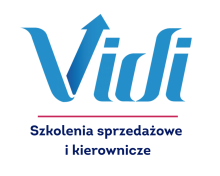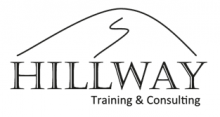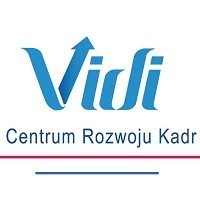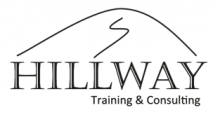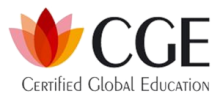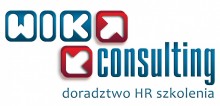Training objectives
- To develop the ability to identify and assess one’s own competences in the area of ??basic managerial functions
- To improve capabilities to manage actions in the areas of: task execution, team capability, employee performance.
- To develop the ability to select and apply the most effective team and employee leadership style in a given situation.
Estimated contribution of the practical part: 70%
Duration: 2 days for 7 h
Programme and exercises
1. Conscious choice of leadership style:
- Case Study
- Mc Gregor's social model,
- leadership styles - Hersey's and Blanchard's situational leadership.
2. Building and consolidating leadership positions:
- leader's responsibility and role,
- basic differences between a manager and a leader,
- corporate, professional and interpersonal competences,
- building informal authority and its importance for exerting influence.
3. Organisation of own work:
- types of 'time wasters',
- external and internal factors,
- ways to counteract the 'wasters'.
4. Conducting meetings and staff development:
- responsible organisation and conduct of meetings,
- employee improvement - methods,
- planning ongoing training activities – responding to problems.
5. Motivation and evaluation:
- motivation as a process,
- the role of the leader in motivating and shaping attitudes,
- motivational techniques and their effectiveness.
6. Types of employee interviews and principles of interviewing:
- disciplinary interview,
- assessment interview,
- employee assessment in the competence model.
7. Goal setting and task delegation:
- strategic and short-term planning,
- planning rules,
- planning tools.
8. Teamwork:
- advantages and disadvantages,
- principles of task force building,
- selection of team members and the role of the leader,
- preventing errors in teamwork.
9. Feedback and avoiding errors in communication:
- verbal and non-verbal communication,
- company information flow and types of communication barriers,
- the role of feedback in management.
10. Conflict resolution with elements of stress management:
- anxiety management versus stress management - functional differences,
- the costs of conflict in the company,
- conflict resolution techniques.
Exercises:
The activities conducted in each session will be carried out using interactive and activation methods, understood as methods that enable experiential learning and allow participants to practise their skills.
The following working methods will be used in the course of the sessions:
a) case and example analyses – consisting of getting to know a real or conventional event, in a preliminary version, and then obtaining/collecting additional information on this issue, analyzing the entire situation together with making specific decisions, actions or solutions,
b) practical exercises – consisting of performing a specific sample task, and their aim will be to improve skills or improve one's own efficiency,
c) simulations – consisting of performing specific real tasks in conditions similar to real ones, using real tools and materials,
d) discussions – both moderated by the trainer responsible for the implementation of the training, as well as multiple discussions,
e) questionnaires/tests – used to determine one's own attitudes or behaviors regarding a given issue.




















